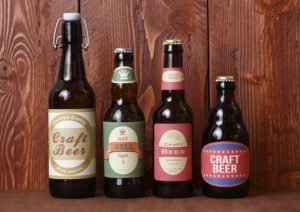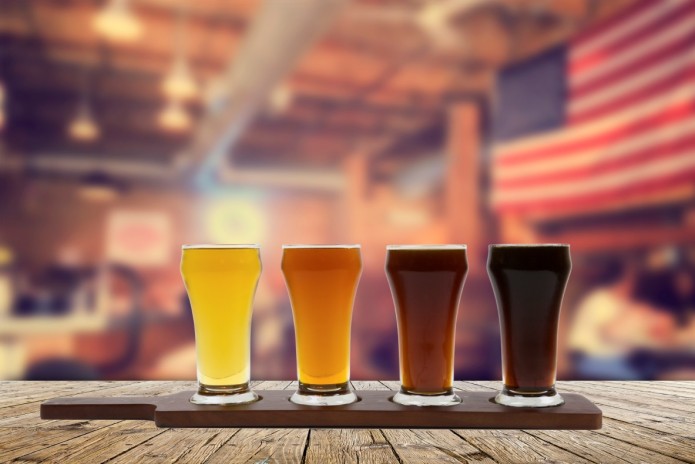** Brewer prevails against Blue Moon “Craft Beer” false advertising suit **
By: Brent E. Johnson

We’ve blogged in the past about the raft of consumer class actions hitting beer and spirits makers – particularly lawsuits targeting manufacturers with claims that terms such as “handcrafted” or “handmade” are misleading if used by companies employing typical mass-production methods. For example in Parent v. MillerCoors LLC., No. 15-cv-01204-GPC-WVG (S.D. Cal. May 30, 2015), MillerCoors – maker of that campus staple, Keystone Light (among a host of other brews) — was sued based on the premise that it’s Blue Moon beer misleads consumers into believing it is a “microbrew” or “craft beer” by using those terms in its advertising and by withholding the name “MillerCoors” from its label.
On October 26, 2015, the court granted MillerCoor’s first motion to dismiss. Dkt No. 17.
The court found that a reasonable consumer was not likely to be deceived by Defendant’s representations because MillerCoors’ use of the “Artfully Crafted” trademark was mere puffery. Id. at 12–16. The court also rejected Plaintiff’s argument that Blue Moon’s “placement among other craft beers” in retail stores was deceptive because Plaintiff did not allege, and provided no factual allegations from which the court could reasonably infer, that MillerCoors had any control over where retailers place Blue Moon on their shelves. Id. Plaintiff was given leave to amend, however, which he did, focusing his amended argument on the definition of “craft beer” set forth by the Brewer’s Association (and in various common dictionaries) providing that a “craft beer” connotes a beer made by traditional or non-mechanized means. Dkt No. 19. Plaintiff also alleged that the price differential between Blue Moon and comparable non-craft beers was, itself, a representation that the beer was superior.
The court rejected these arguments and dismissed the second amended complaint — this time with prejudice. Parent v. Millercoors LLC, No. 3:15-CV-1204-GPC-WVG, 2016 WL 3348818, at *6 (S.D. Cal. June 16, 2016). Again, the court considered MillerCoors’ Blue Moon advertising, as far as it pertains to representations about “craft beer,” as non-actionable puffery. Id. ([T]he “advertisements contain ‘generalized, vague, and unspecified assertions’ that amount to ‘mere puffery upon which a reasonable consumer could not rely.’”) Further, the court rejected Plaintiff’s argument that the price of a product can constitute a representation or statement of product quality. Id. (citing Boris v. Wal-Mart Stores, Inc., 35 F. Supp. 3d 1163, 1169 (C.D. Cal. 2014) (finding that the price of a migraine medication did not constitute a representation or statement about the product that could support consumer claims against a retailer under the UCL, CLRA, or FAL)).
Our takeaway: Drink what you like. Beer snobbery will get you nowhere.

